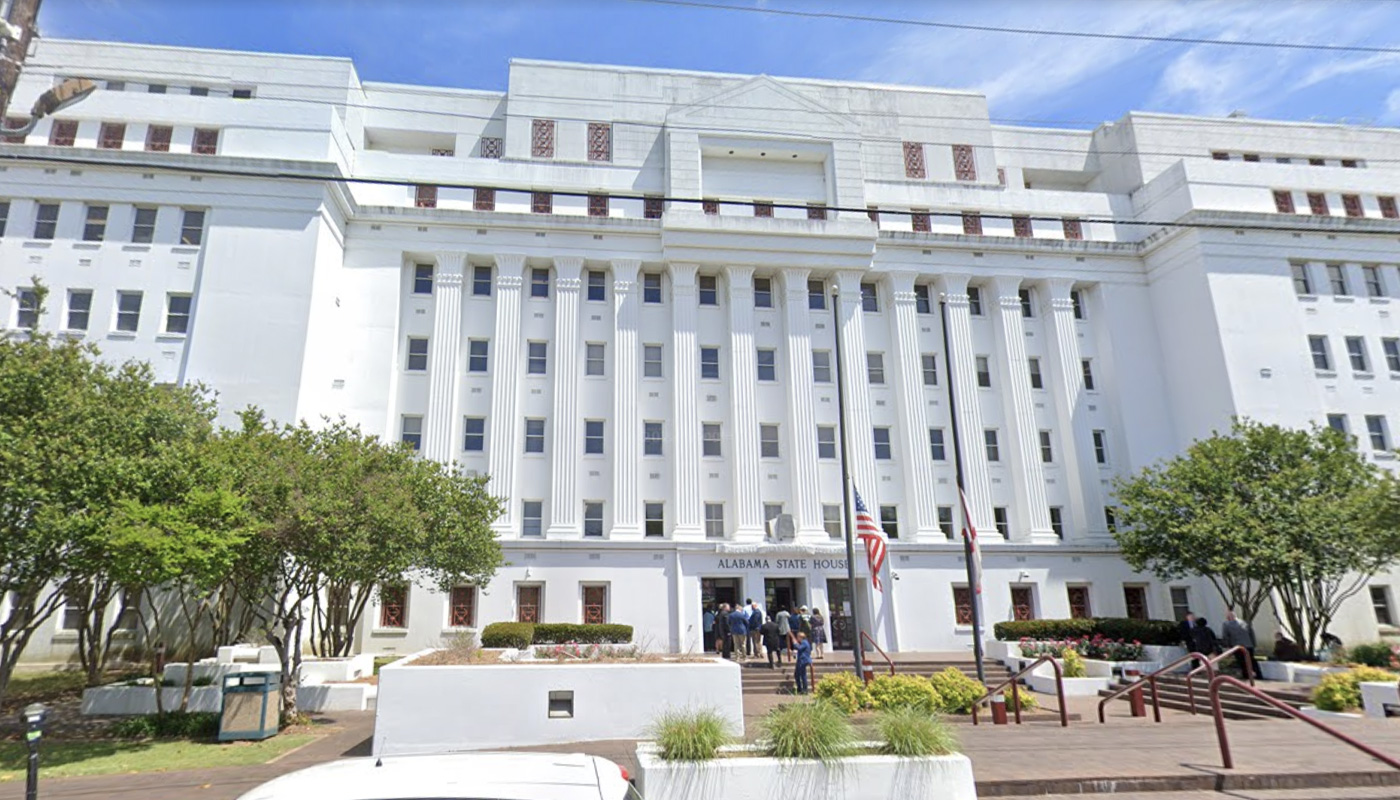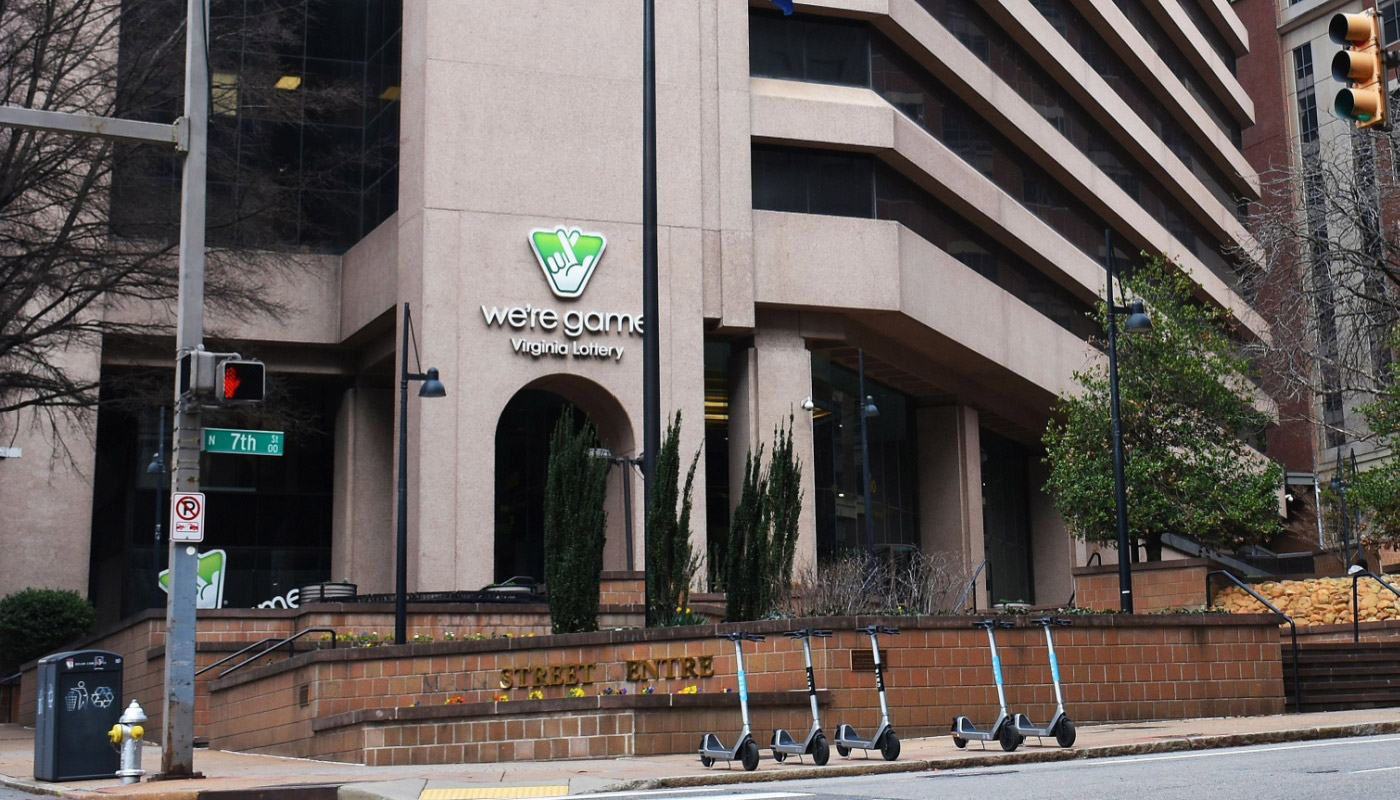
News writer; Opinion columnist
As of 2024, Alabama, Alaska, Hawaii, Nevada, and Utah are the only five states in America that have no form of legalized lottery. However, if politicians in Montgomery have their way, that number could go down to four very soon.
Sixty years after the first modern state lottery was legally established in New Hampshire, the Alabama state house passed HB 151, which would legalize a state lottery, sports betting, and limited casino gambling. The bill is sponsored by Rep. Chris Blackshear (R-Smiths Station) and was approved by a vote of 70-32.
However, while the passage of this bill was a substantial move forward for a state lottery, several more steps must be completed before it becomes law.
What is HB 151
HB 151 is an ambitious and far-encompassing bill that would touch on nearly every facet of gambling in the state.
If the bill becomes law, it will give legal authorization to a state lottery, sports wagering, and casinos that already allow electronic bingo-style gaming. That would mean casinos would be permitted in Mobile, Birmingham, Macon County, Greene County, Houston County, and Lowndes County.
The bill would also create an Alabama Gaming Commission and give authority to Governor Kay Ivey to negotiate with the Poarch Band of Creek Indians to develop regulations for their casinos in Atmore, Montgomery, and Wetumpka and to potentially operate a new one in northeast Alabama.
Interestingly, despite the fact that they stand to benefit from the bill, the Poarch Band of Creek Indians oppose it as currently written. The Poarch's vice-chairman, Robbie McGhee, told the house that the bill "stymies our ability to operate competitive gaming enterprises."
The Legislative Services Agency released an analysis of the bill's financial impact, which stated that the bill would generate up to an additional $492 million in state revenue from casino gambling, $379 million from the lottery, and $41 million from sports betting.
HB 151 would allow for a state lottery, participation in multi-state lotteries such as Powerball, and state-issued scratcher tickets. The minimum age to buy a lottery ticket would be 18.
It would direct lottery revenue to fund education initiatives, and casino and sports betting revenue would go for non-education purposes.
After the passage of the bill, Rep Blackshear said:
I think, personally, it's a great day for the state of Alabama, and finally, at least from the House perspective, we heard you loud and clear from the polling, and we're giving the citizens a right to decide what they want in this state when it relates to gaming.
Because this bill would actually amend the state's constitution, it required three-fifths of the house to vote for it as opposed to a simple majority.
Next steps
Next, the state senate must vote on the bill, which would also require a three-fifths vote from the chamber's 34 members. While the Senate has previously passed gaming bills, they are moving slowly on HB 151, and it's unclear at this time if they have the votes to pass it.
If there is a vote in favor by the Senate, the bill would then need to be signed and ratified by Governor Ivey, who has already voiced her support for the legislation.
Her office released a statement thanking the house for passing the bill and saying:
I will remain engaged as this legislation moves to the Senate. In their current form, these bills will continue to have my support.
The final step will be to submit the bill to a citizen referendum because the Alabama state constitution bans all forms of gambling and lotteries, and electronic bingo is the only gaming available to state residents.
A poll conducted by Governor Ivey's study group found that 70% of state residents favored creating a lottery, and 67% said they favored legalized gambling in general. If the Senate does pass the bill, the citizen's vote will be held in November 2024.
Spirit of 1999
The last time Alabama citizens voted to amend their constitution to permit gambling and a lottery was 25 years ago. Then Governor Don Siegelman championed the measure, which initially seemed headed for passage.
Initial polling showed that it was supported by 61% of state voters, but that was before religious groups campaigned against it, and the amendment ultimately failed, with 54% of voters opposing its passage.
Click here to read more of our analysis on Alabama's long journey to establishing a state lottery.
















Comments